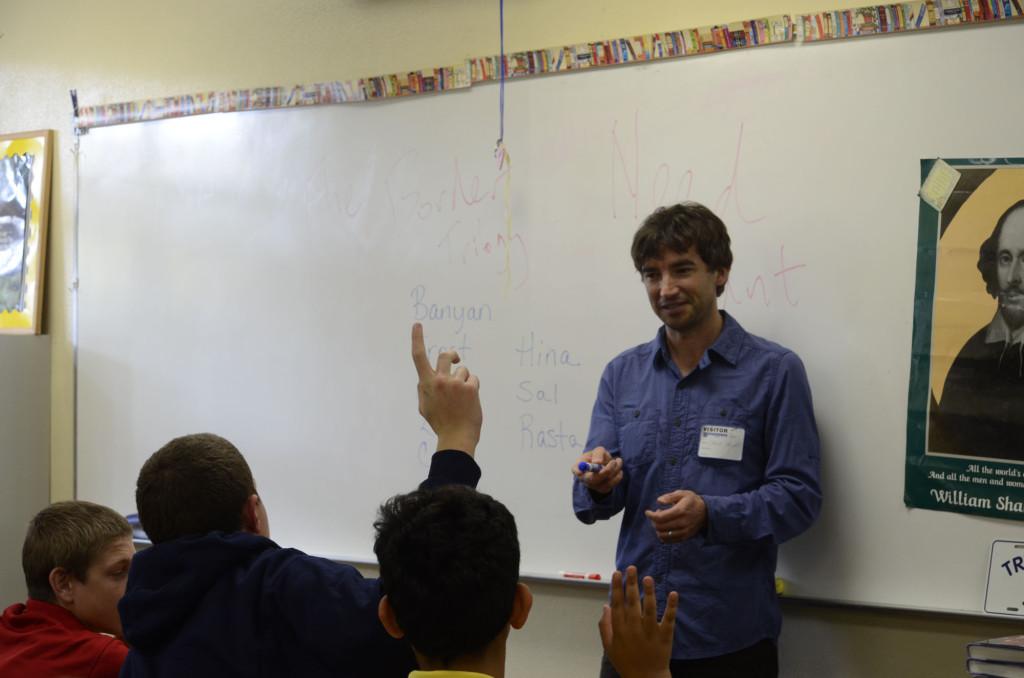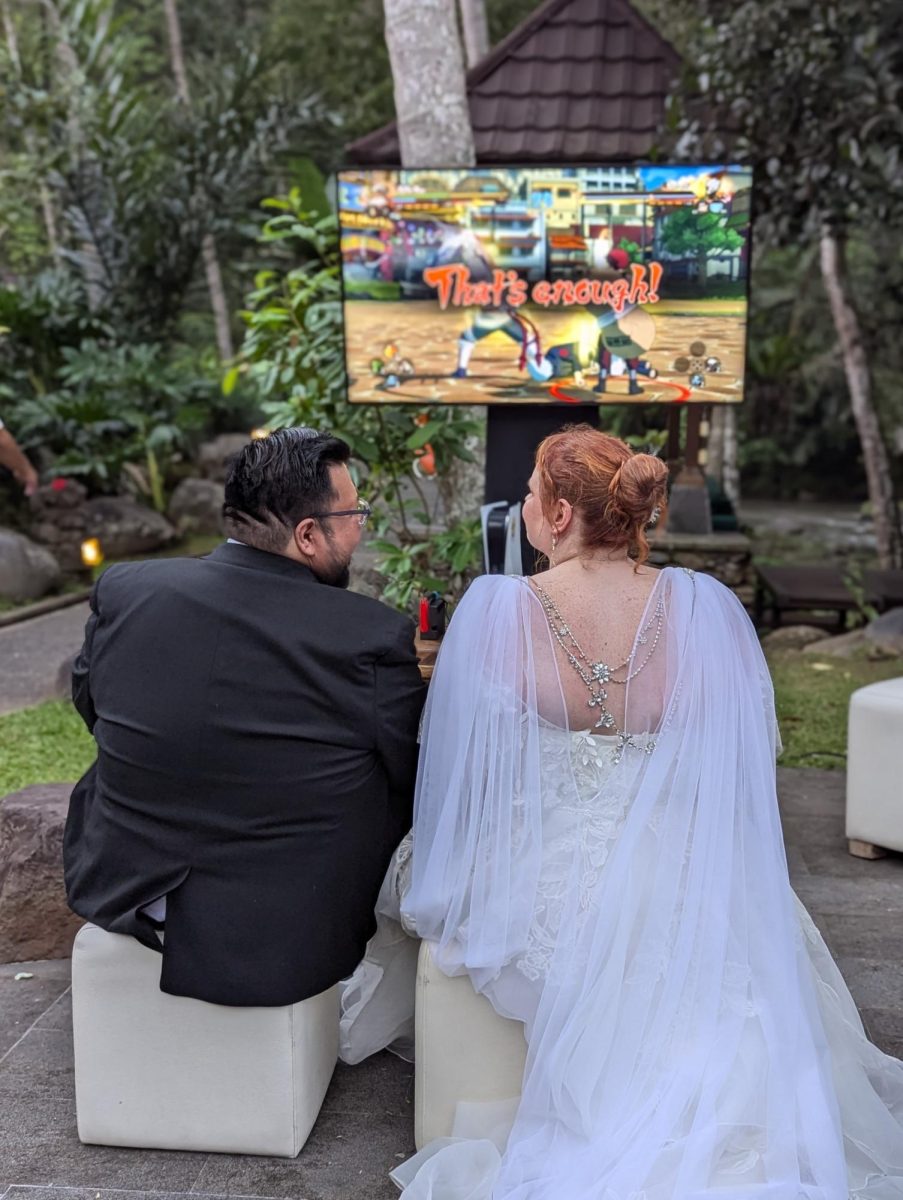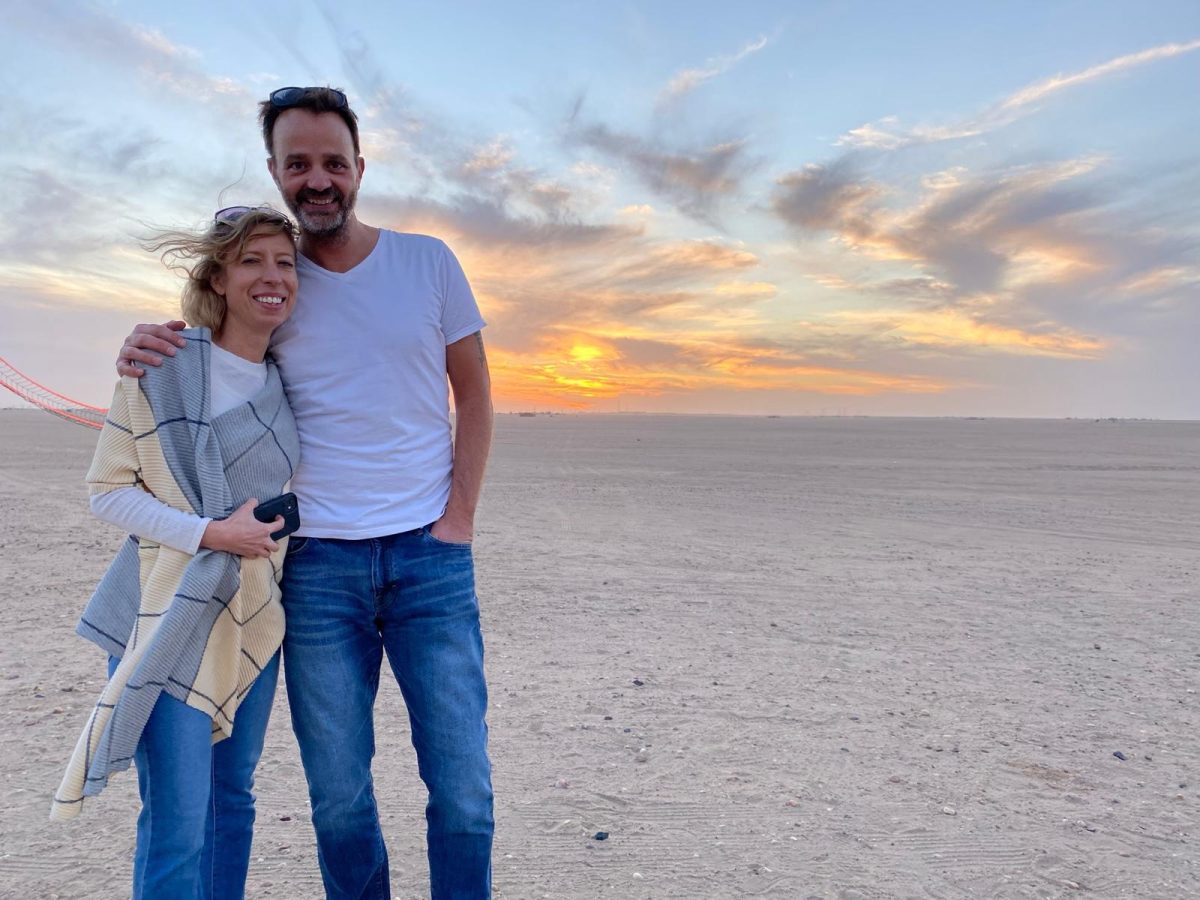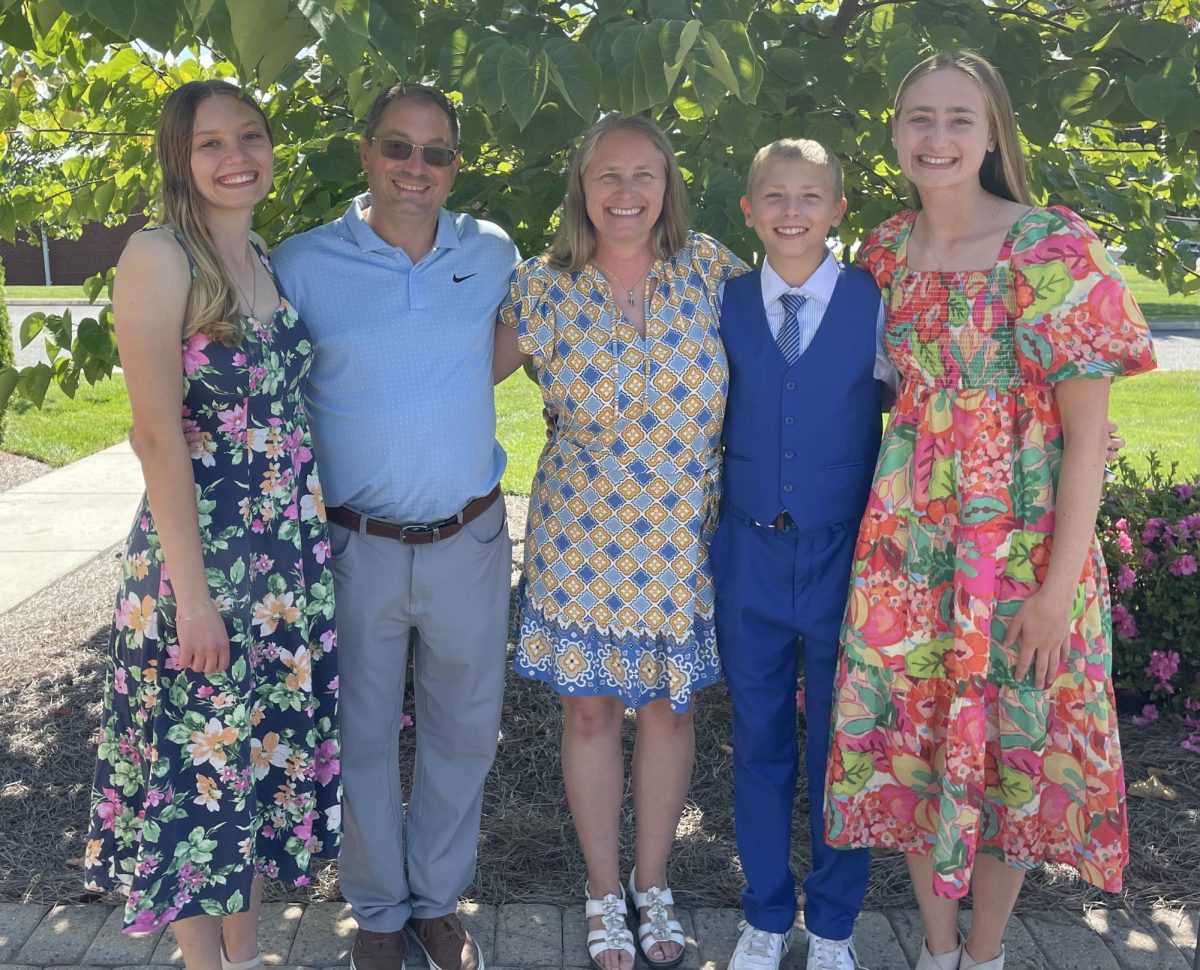Imagine a post-apocalyptic world where locusts have ravaged all living vegetation and where scrap metal is used to create forests that distract inhabitants from the desperate situation they live in.
Banyan, a young artist who builds these trees, is determined to find the last remaining concentration of living trees where he also hopes to find his lost father.
Chris Howard created this grim world in his premier novel, Rootless.
Howard was born and raised in a small English town south of London but left home to travel the globe while he was still young.
He realized he had a passion for the environmental sciences and studied natural resource management. Howard first worked for the National Park Service and then decided to lead teenagers on wilderness expeditions. From there, he poured his heart into Rootless, writing a novel that would be picked up by the Scholastic Press.
“Rootless combines so many things that I am passionate about,” Howard said.
His love for the environment is reflected in his writing.
The idea of the novel came to him after seeing beetles destroying a population of pine trees, and the concept of a world without vegetation snowballed from there.
“[Literature] does not just have to be entertainment; it can be illuminating,” Howard said.
He sought to not only generate a novel, but rather put meaning behind the words and hopefully shed light on issues Howard deems significant.
While on campus, Howard hosted a writing workshop for upper school students interested in sharpening their writing skills.
Armed with bagels and creativity, students collaborated in the workshop to cover subjects ranging from the five-act structure of Shakespeare’s plays to character dynamics in Seth Rogen’s comedy Guilt Trip.
“The workshop was a great experience,” senior and writing workshop veteran Molly Wuerz said. “Everyone brings something different, and it becomes a safe place to throw ideas around.”
The whiteboard wall in the Kranz room was full of chickenscratched story outlines ranging from a strict Catholic school to a paranormal border town.
The students shared characters, settings and conflicts in order to receive feedback and build their brainstorming techniques.
One message Howard wanted to drive home was to make clear what the characters in their stories want.
Emphasizing the idea of “but then,” Howard stressed the importance of not only keeping the readers engaged, but also never letting the characters become too comfortable with what they have.
Although the world that Howard’s characters live in is dark and grim, he hopes to shed light on our world and better our conditions through the messages in his novels.
Writing about dystopian worlds instills in him the desire to improve our own, and Howard will continue this trend with his sequel to Rootless, due to come out early 2014.














